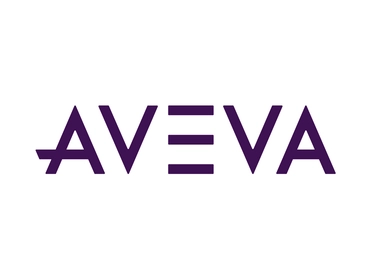
AVEVA Recognizes Chemical Engineering Students with International Academic Program Competition
AVEVA, have announced the winners of its 2020 AVEVA Design Academic Competition. The competition series is part of AVEVA’s continued investment in creating better opportunities for those entering the industry. It was open to chemical engineering students in EMEA and North America keen to challenge themselves using AVEVA Process Simulation software.
AVEVA’s competition series is designed to offer chemical engineering students a unique opportunity to develop their process simulation skills. Students were judged on a number of criteria including the quality, completeness and correctness of their final report, as well as their process engineering and simulation work. Students were asked to convert their projects to dynamic models that represented how an industrial plant reacts to changes in inputs. They were also challenged to develop and implement troubleshooting measures, possibly including a new controller design.
North American winners Nicholas Haynes and Brian Leonard won with their use of fundamental chemical engineering principles to produce 99% pure Benzene, a cleaner version of the hydrocarbon used in the manufacturing of several materials and plastics. Nicholas and Brian successfully employed an optimization approach that displayed the understanding of the cost implications of the entire process while also prioritizing the purity requirements for the Benzene product. They also displayed outstanding technical writing skills that are required of graduating engineers entering the industry and furnished a high-quality report that would meet the standards of a professional engineering organization. European winner Laura Fender was recognized for her simulation requirements working in a neat and well-organized flowsheet. She experimented with the software by approaching the model writing functionality, showing deep understanding of how a simulation problem with different levels of complexity can be approached.